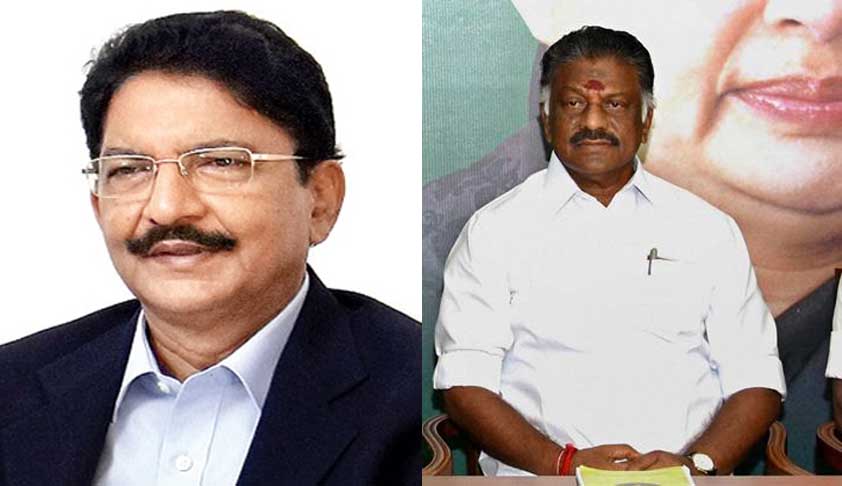Did Tamil Nadu Acting Governor Err in Accepting O. Paneerselvam’s resignation?
LiveLaw Research Team
15 Feb 2017 2:02 PM IST

Next Story
15 Feb 2017 2:02 PM IST
The Union Law Minister, Ravishankar Prasad, indicated the Times Now television channel on Tuesday evening that the Tamil Nadu’s Chief Minister, O.Paneersevlam’s resignation was not valid, as the resignation letter was not personally given to the Acting Governor, CH. Vidyasagar Rao.The Acting Governor accepted O.Paneerselvam’s resignation on February 6, and asked him and his council...
